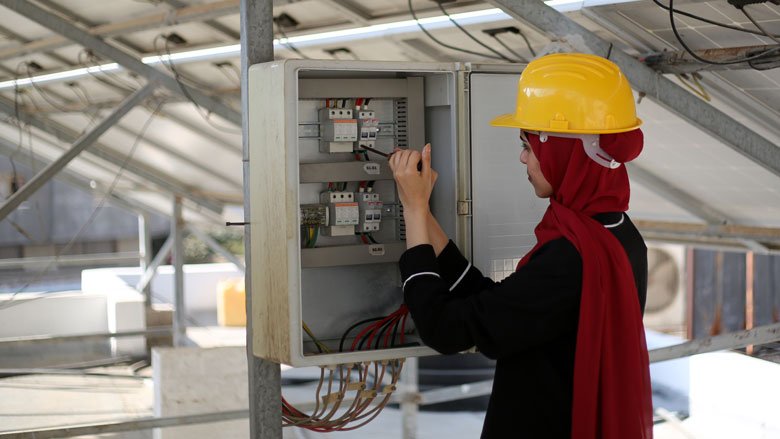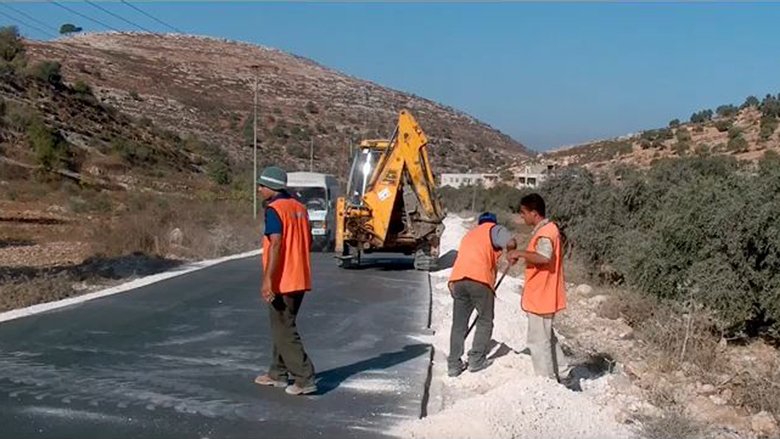The WB&G is highly vulnerable to climate change. The World Bank Group’s Climate Change Action Plan for 2021-2025 and the Middle East & North Africa Climate Road Map for 2021-2025 focus on the integration of climate and development goals.
The PID MDTF’s co-financed projects support and facilitate priority measures for climate adaptation and mitigation.
The PID has climate co-benefits of 60 percent, exceeding the corporate target of 45 percent.
A new Country Climate Development Report (CCDR) was launched in November 2023. The report identifies and prioritizes development interventions that are climate-responsive and have a high potential for impact in terms of bridging existing development gaps and strengthening resilience. The report also identifies priority needs in strengthening institutions and supporting a whole-of-the-PA approach.
Last Updated: Mar 28, 2024


